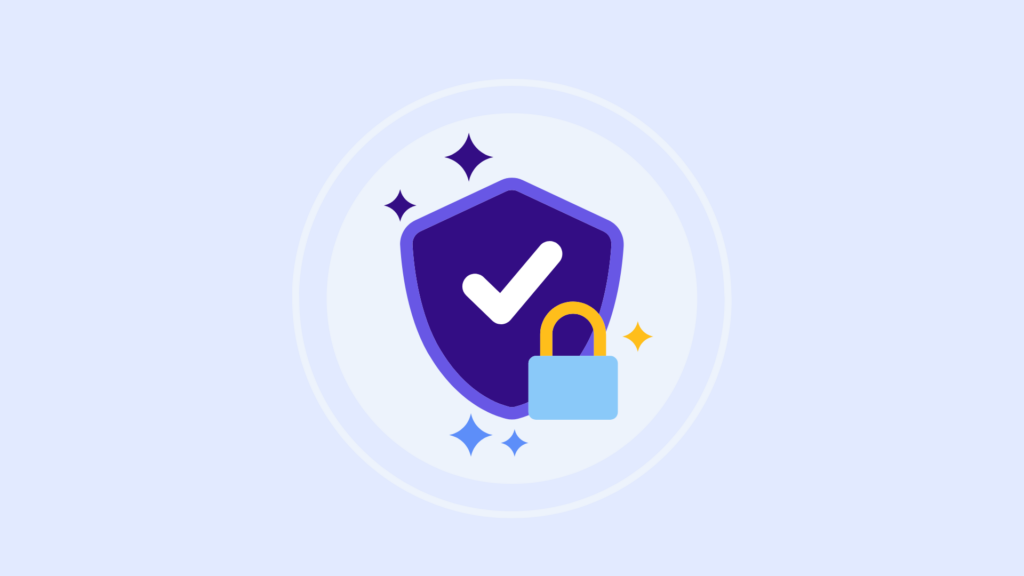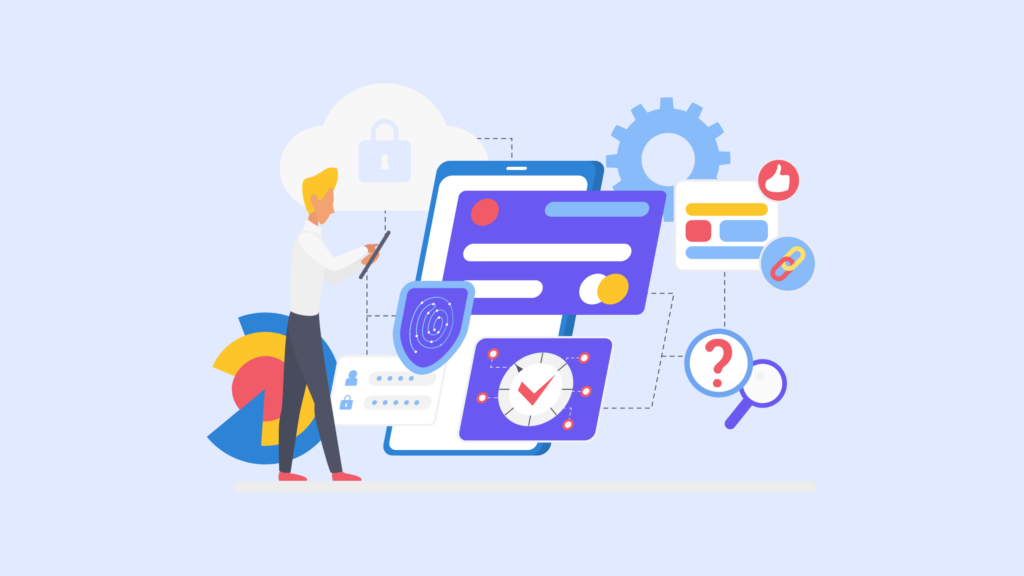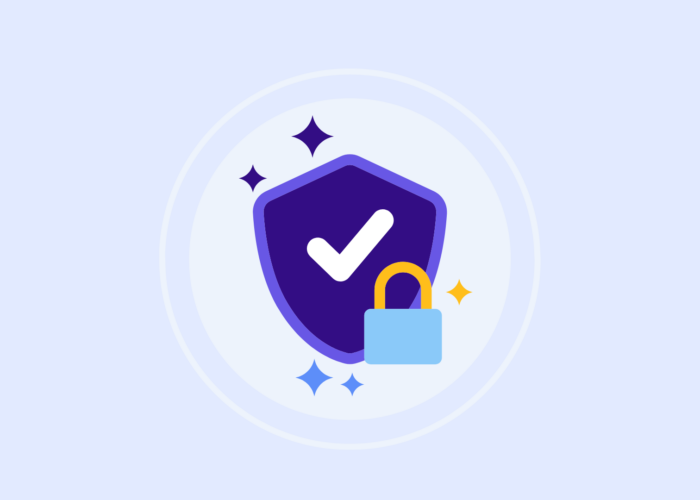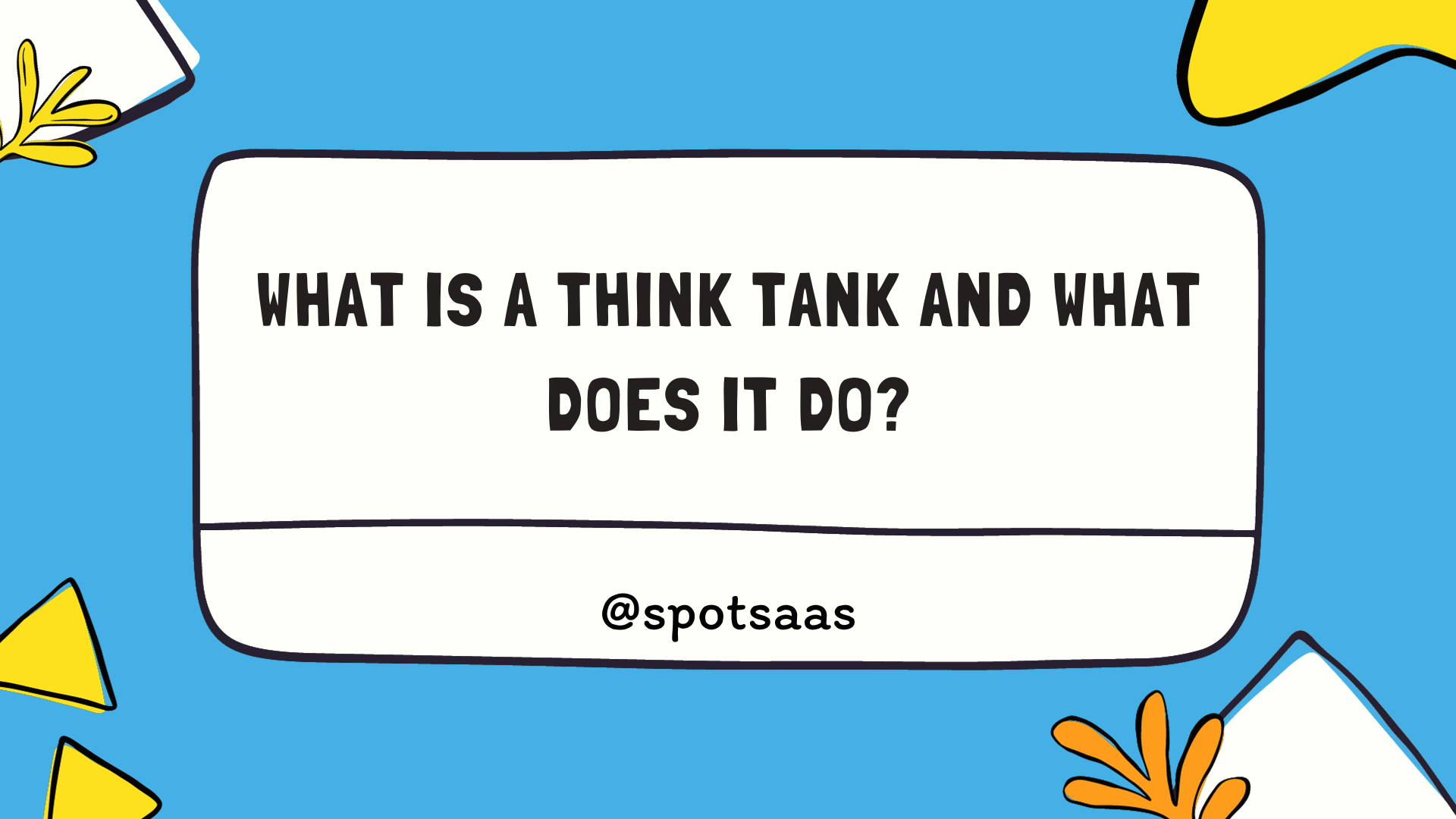SaaS platforms handle a lot of sensitive user data and help critical business processes. This, unfortunately, makes them a wanted target for cybercriminals. Without adequate cybersecurity measures, SaaS development would not be possible.
Any data breach or cyberattack could shake the foundation of your SaaS solution. Trust is easily lost, and with the growing threat of cybercrime, no company is safe, whatever its size. Fortunately, plenty of cybersecurity measures are available to protect your SaaS project.
Yet, having an overwhelming number of solutions can also be a problem. To make your life easier, we discuss some of the best cybersecurity measures for SaaS development and offer their pros and cons.

Access Control and Authentication
When you know that only authorized users can access your SaaS platform, you can be calm. This security mechanism can be applied with robust multi-factor authentication (MFA) mechanisms. And don’t worry—implementing role-based access controls (RBAC) is a practical and effective way to manage user permissions.
If a breach occurs, MFA and RBAC will limit user permissions. These precautions will prevent unauthorized access. However, you will always have to review and update user access permissions. This may burden your management system, but when security and reputation are at stake, it’s a small price to pay.
Data Encryption
Sensitive data, including at-rest and in-transit data, should always be encrypted. Use encryption algorithms and protocols, such as AES or TLS. Note that the sender and receiver must have the same encryption key to access transferred data.
Data that arrives at the user device and SaaS platform must be protected throughout its lifecycle. End-to-end encryption can achieve this. Still, you must update your encryption standards regularly to stay ahead of the game and mitigate evolving cyber threats.
Network Security
Using a VPN for PC adds an extra layer of security, encrypting online activity, protecting sensitive business data, and ensuring safe remote access for users working from different locations. Monitor network activity regularly and prepare alerts for potentially suspicious behavior or breaches.
Vulnerability Management
Any SaaS platform has its own weaknesses. However, you can detect them through vulnerability assessments and penetration testing. Basically, you hire people to try to breach your platform. Nevertheless, this way, you learn the vulnerabilities before cybercriminals do.
The penetration testing company must be trustworthy and professional. Depending on the results, you patch the security susceptibilities. This applies to both the underlying software and infrastructure.
Since cybersecurity threats are ever-changing, it’s best to remain informed about the latest risks. Data breaches related to other SaaS platforms and businesses can teach you a lot. It will help you mitigate and address potential similar vulnerabilities.
Incident Response and Disaster Recovery
Any serious SaaS platform and developer should have a contingency plan for cyber attacks and breaches. Collaborate with your associates and employees to draft a comprehensive incident response plan.
Having a plan will ensure that everyone takes effective and coordinated action in case of a data breach or system failure. Although this will partially reduce the damage of a breach, it will not be enough.
A strong backup and recovery strategy is also essential to safeguard data. Backups will also reduce recovery time and ensure business continuity during unexpected events. The sooner your team can return to their operations unhindered, the better.
When you draft an effective incident response and disaster recovery plan and protocol for your SaaS platform, test it. During tests, note the challenges and potential complications. Update the plan accordingly to prioritize effectiveness.
Using an Antivirus or a VPN
Consider using an antivirus or a virtual private network (VPN). It may help to perfect and create a resilient cybersecurity framework for your SaaS platform. These measures may also ensure continued development without hindrances. To better understand both software, let’s compare VPN vs antivirus.
Using antivirus software or a VPN (Virtual Private Network) is crucial for ensuring digital security and privacy in today’s interconnected world. Antivirus software serves as a shield against malicious programs such as viruses, malware, ransomware, and spyware that can infect and damage your devices or steal sensitive information. It works by scanning files and applications for known patterns of harmful code, preventing them from compromising your system. Regular updates to antivirus databases are essential to stay protected against emerging threats.
On the other hand, a VPN encrypts your internet connection, creating a secure tunnel between your device and the internet. This encryption prevents hackers, ISPs (Internet Service Providers), and government agencies from intercepting your online activities or accessing your data. By routing your connection through a remote server operated by the VPN provider, VPNs like NordVPN or Surfshark also hide your IP address and mask your geographical location. This enhances privacy and allows you to access geo-restricted content and bypass censorship imposed by governments or institutions.

Pros and Cons of Antivirus
In most instances, an antivirus is only meant to protect you from malicious programs such as malware and viruses. It detects and prevents device infections but usually does not protect data in transit or remote access to information. An antivirus can sometimes interfere with your SaaS work if not correctly configured. This type of software must also be continuously updated to detect new cyber threats.
Pros and Cons of a VPN
A VPN can secure remote access, protect data in transit, and enhance user privacy. This way, even if the company has remote workers, you gain an extra layer of security. Yet, when a device is compromised, a VPN might not protect it from malware or viruses.
Of course, everything depends on the type of VPN and antivirus you use. Both software may come with various additional features. Some VPNs have threat protection and anti-tracker features, and some antivirus can come with a VPN of its own.
To make an informed decision, research the most reliable providers. Pay attention to client reviews. Check what extra features a provider offers and how your SaaS project can benefit from them. With these cybersecurity measures employed, you can focus on your SaaS development without worry.





